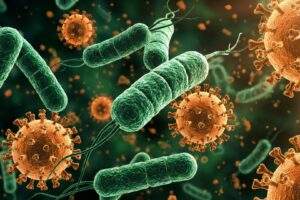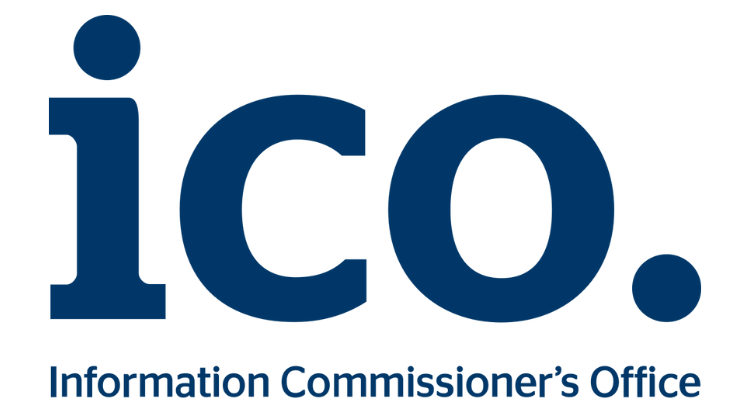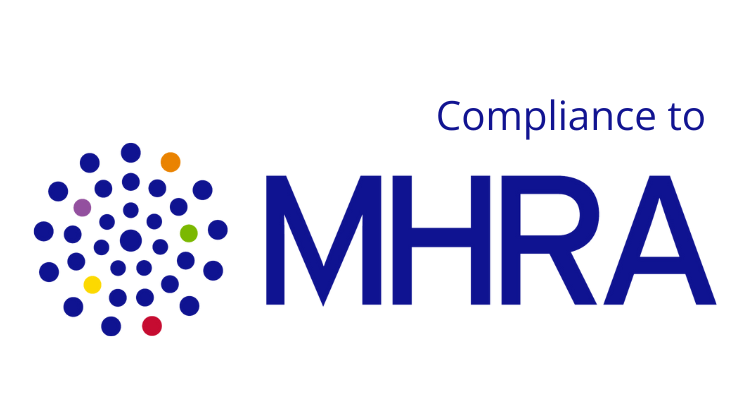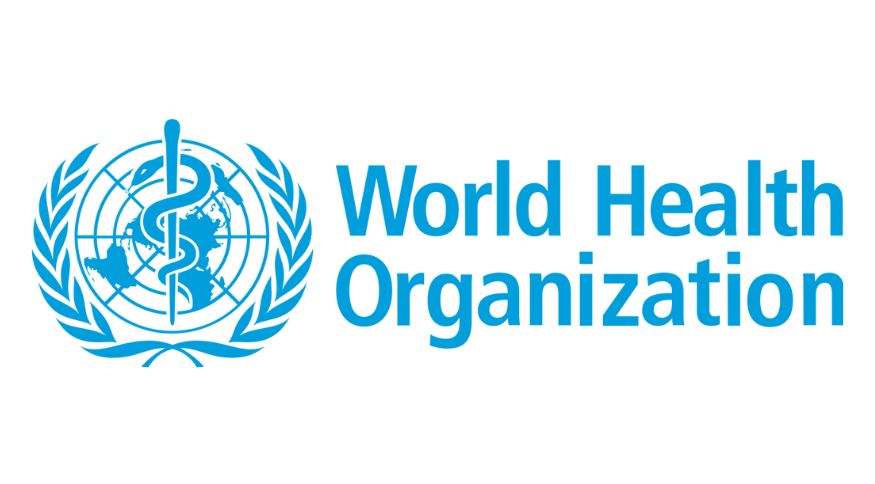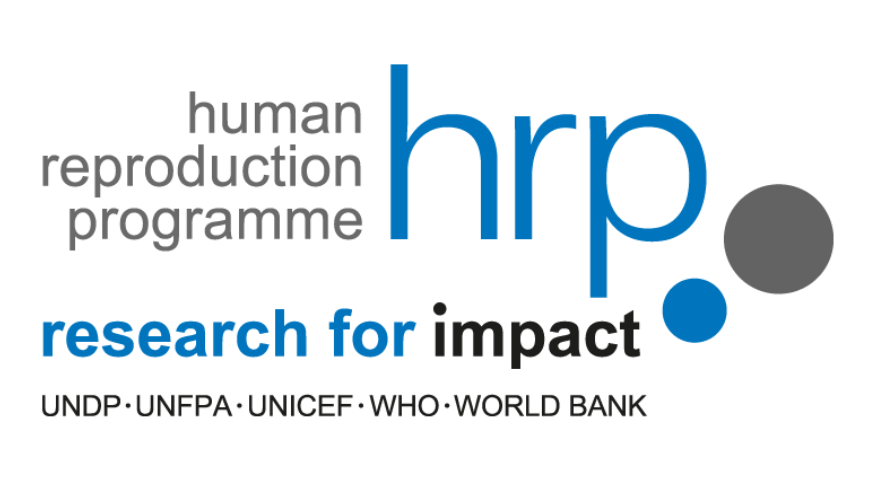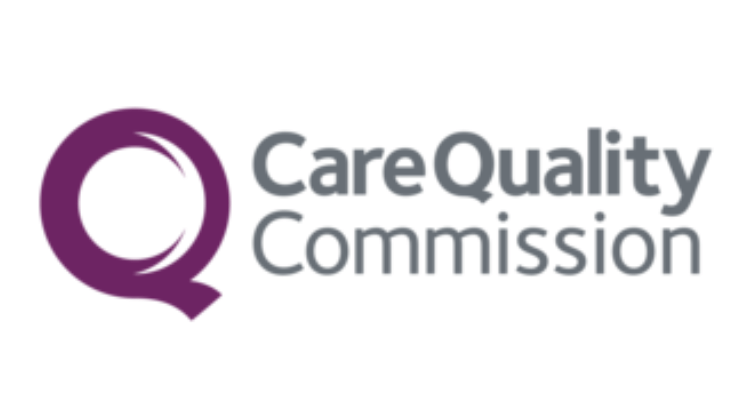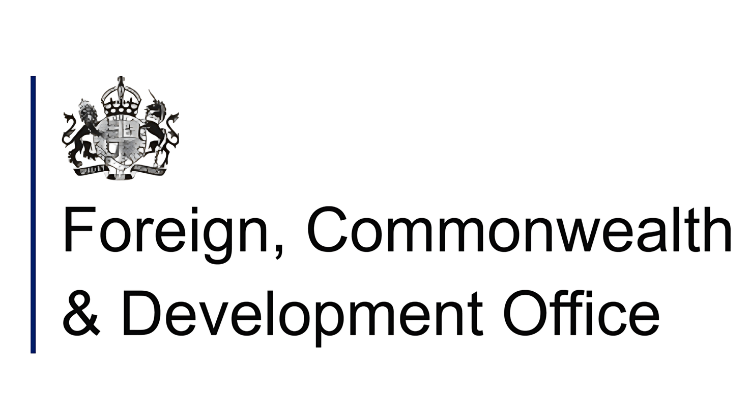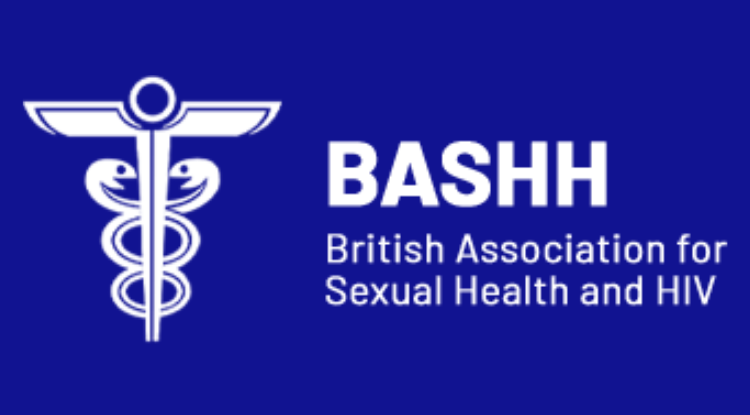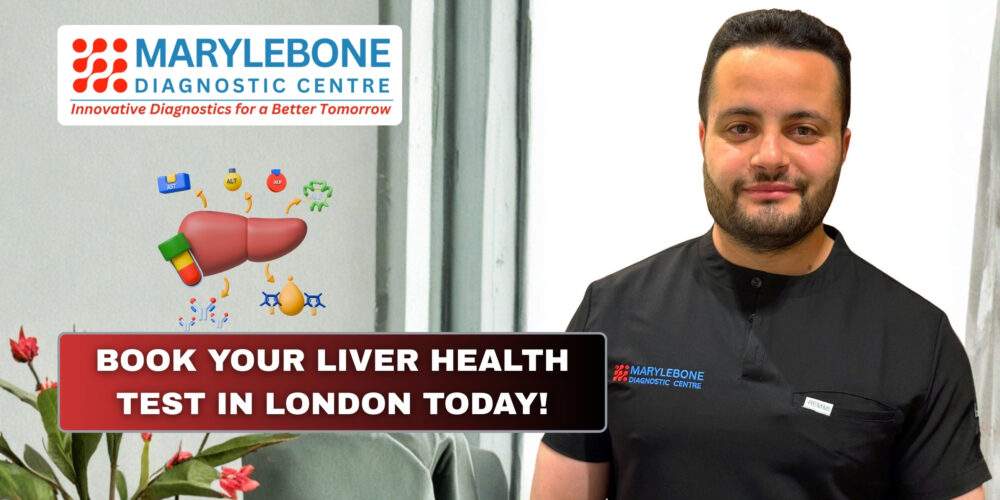
How to Check Your Liver Health After Binge Drinking – Tests, Symptoms and Recovery Explained
Reviewed by Dr Lauren Holland • Marylebone Diagnostic Centre
Results within 24 – 42 hours. Westminster residents receive 20% off.
Many Londoners drink more than usual on weekends or during celebrations. Binge drinking can cause liver strain, inflammation and short-term enzyme spikes. Clinically, we see a clear pattern: patients experience liver discomfort, fatigue, nausea, or anxiety after heavy drinking and want a fast, accurate way to check their liver health.
This guide explains how alcohol affects the liver, how to check for early damage, which blood tests provide clarity, and what signs may suggest your liver is struggling. It also explains how long the liver takes to recover and when medical review is essential.
Marylebone Diagnostic Centre offers discreet, reliable and fast liver testing in central London with results available in 24 – 42 hours.
How Alcohol Affects the Liver
Alcohol is processed by the liver. When you binge drink, the liver works harder to break down large volumes of alcohol at once. This can cause:
- Temporary inflammation
- Liver enzyme spikes
- Fat build-up (fatty liver)
- Oxidative stress
- Dehydration
- Vitamin and mineral depletion
Repeated binge drinking increases the risk of long-term liver disease, but even a single heavy episode can cause symptoms.
How to Check Liver Damage After Alcohol
After binge drinking, the most reliable way to check liver health is through a venous blood test. Marylebone Diagnostic Centre offers:
Liver Function Test (LFT)
Measures key markers including:
- ALT
- AST
- GGT
- ALP
- Bilirubin
- Albumin
These reveal liver stress, inflammation and bile processing.
General Health Profile
Includes full liver markers plus kidney function and blood count.
Wellness Profile
A broader assessment that includes nutrients and metabolic markers often affected by alcohol.
Mineral and Vitamin Testing
Alcohol can rapidly deplete:
- Vitamin B12
- Magnesium
- Zinc
- Folate
Testing helps identify deficiency contributing to fatigue and low mood.
At MDC, all tests are analysed under the Marylebone High Standard and reviewed by a doctor.
Can You Check Liver Function at Home?
Home tests exist, but they are often unreliable because:
- Finger-prick samples may not be accurate
- Enzymes deteriorate during postal transit
- Not all markers are included
- Results may be unclear without interpretation
A venous blood test in a validated laboratory is the most reliable way to check liver damage after alcohol.
Can the Liver Recover from Binge Drinking?
Yes. The liver is highly resilient. Most people recover from a single binge within days, provided there is no underlying liver disease.
Mild inflammation usually settles within 48 – 72 hours.
Enzyme levels typically normalise within a few days to a week.
However, frequent binge drinking slows this recovery and causes cumulative damage.
How Long Does the Liver Take to Recover After a Binge?
Recovery depends on:
- How much alcohol was consumed
- Whether you drank on an empty stomach
- Your metabolic health
- Hydration levels
- Pre-existing liver conditions
Typical recovery time:
- 1–3 days for mild strain
- 3–7 days for significant fatigue or inflammation
- Longer if binge drinking is repeated
A blood test can help assess whether recovery is progressing normally.
What Are the First Signs Your Liver Is Struggling?
Early signs may include:
- Persistent fatigue
- Nausea
- Upper abdominal discomfort
- Dark urine
- Pale stool
- Poor appetite
- Bloating
- Headaches
- Feeling unusually dehydrated
Clinically, many Londoners come for liver testing when they feel “off” for more than 48 hours after drinking.
14 Early Signs of Liver Stress from Alcohol
These signs may indicate inflammation or strain:
- Fatigue
- Nausea
- Headaches
- Sensitivity to alcohol
- Weakness
- Bloating or fullness
- Pain under the right rib
- Poor sleep
- Dark urine
- Light-coloured stool
- Loss of appetite
- Low mood
- Easy bruising
- Itchy skin
These symptoms do not confirm liver disease but suggest testing is advisable.
How to Detect Liver Damage from Alcohol
You can detect liver stress or early damage through:
- Liver Function Test
- Full Health Profile
- Ultrasound (if needed – via referral partners)
- Kidney and metabolic testing
- Vitamin and mineral levels
Blood tests show inflammation early, long before imaging reveals structural damage.
Liver Pain After Drinking – Should You Be Concerned?
Mild discomfort is common after binge drinking.
However, you should seek testing if:
- Pain lasts more than 48 hours
- Pain increases with movement
- You feel sick or unusually weak
- Your urine is dark
- Your eyes look yellow
- You experience repeated episodes
These may indicate inflammation or early fatty liver.
End-Stage Alcohol-Related Liver Disease – Symptoms to Know
Although not common after a single binge, chronic drinking may lead to:
- Jaundice
- Fluid in the abdomen
- Confusion
- Severe fatigue
- Persistent nausea
- Easy bruising
- Severe itching
- Swollen legs
- Vomiting blood
Early testing helps prevent progression.
How to Support Your Liver After Drinking
You cannot “detox” the liver, but you can support recovery.
What helps:
- Hydration
- Adequate sleep
- Balanced meals
- Avoiding further alcohol
- Checking vitamin and mineral levels
- Testing if symptoms last
What does NOT help:
- Detox teas
- “Liver cleanse” supplements
- Extreme fasting
- Mixing supplements without testing
The liver recovers naturally when strain is reduced.
How to Repair Liver Stress Naturally
Evidence-based ways to support liver recovery include:
- Reducing alcohol intake
- Eating protein-rich meals
- Supporting gut health
- Replenishing magnesium and zinc
- Ensuring adequate vitamin D
- Testing for deficiencies
- Regular check-ups if drinking is frequent
Why Choose Marylebone Diagnostic Centre?
- Fast results within 24 – 42 hours
- QC-validated accuracy
- Consultant-reviewed results
- Private and discreet
- Central London location
- Five minutes from Baker Street Tube
- Private rooms
- Westminster residents receive 20% off
Clinically, patients value reassurance and clarity after heavy drinking episodes. Testing helps guide recovery safely.
FAQs
Book Your Liver Health Test at Marylebone Diagnostic Centre
Marylebone Diagnostic Centre
73 Baker Street, London W1U 6RD
Tel: +44 7495 970109
Open Monday–Saturday, 08:00–16:00
Fast, private and confidential liver testing with results in 24 – 42 hours.
Westminster residents receive 20% off all tests.
Quick Links
- Liver Function Test (LFT)
- General Health Profile
- Iron Studies / Iron Profile
- Fatigue and Energy Profile
- Advanced Wellness Profile
- Vitamin B12 Test
- Vitamin D Test
- Full Blood Count
- Thyroid Function Test
- Book an Appointment
Read More
- NHS – Alcohol-related Liver Disease
- British Liver Trust – Alcohol and the Liver
- NICE – Liver Disease Management Guidance
- NHS – Iron Deficiency Anaemia
- NHS – Vitamin and Mineral Deficiencies
- British Nutrition Foundation – Iron Requirements
- NHS – Cholesterol
- NHS – Vitamin D
- British Nutrition Foundation – Minerals and Vitamins
- British Heart Foundation – Cholesterol and Heart Health
- NHS – Iron Deficiency Anaemia


